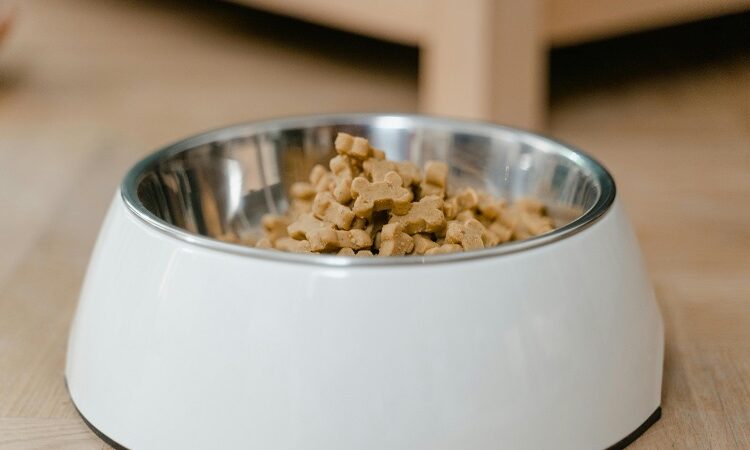Fabric Softener Alternatives

In the quest for a cozy, comfortable wardrobe, fabric softeners have long been a staple in laundry routines. However, as environmental consciousness takes center stage in our daily lives, many individuals are seeking alternatives to fabric softeners. Beyond the typical chemical-laden options, there exists a world of eco-friendly alternatives that not only pamper your clothes but also contribute to a healthier planet.
Vinegar Elixir:
One surprising yet effective fabric softener alternative lies within your kitchen cupboard – vinegar. White vinegar, when added to your washing machine during the rinse cycle, works wonders in softening clothes. Its acidic nature helps break down residue, leaving fabrics feeling soft and supple. Don’t worry about the vinegar smell; it dissipates during the rinse, leaving your laundry fresh and free of any lingering odors.
Wool Dryer Balls:
Step into the world of reusable and sustainable fabric softening with wool dryer balls. These little powerhouses not only reduce drying time but also soften clothes naturally. The balls work by creating space between garments, allowing hot air to circulate more efficiently. Toss a few of these eco-friendly gems into the dryer, and you’ll soon notice softer clothes without the need for chemical-laden alternatives.
DIY Fabric Softener:
For those who enjoy a hands-on approach, crafting your own fabric softener at home is a rewarding and customizable alternative. A simple recipe might include ingredients like distilled white vinegar, essential oils (such as lavender or eucalyptus for a refreshing scent), and a touch of vegetable glycerin. Mix these ingredients in the right proportions, and voilà – you have a homemade fabric softener that’s gentle on your clothes and the environment.
Baking Soda Brilliance:
Baking soda, a versatile household item, is not just for baking. Adding a cup of baking soda to your laundry load can help balance the pH levels, which in turn softens clothes naturally. This gentle alternative is especially useful for those with sensitive skin, as it avoids the use of harsh chemicals found in traditional fabric softeners.
Epsom Salt Solution:
Epsom salt, known for its various household uses, can also play a role in softening your laundry. Dissolve half a cup of Epsom salt in warm water and add it to the rinse cycle. This mineral-rich alternative not only softens fabrics but also helps preserve their longevity.
Air Drying Magic:
The simplest and most energy-efficient fabric softener alternative is letting your clothes air dry. Hang your laundry in the gentle breeze, and watch as nature works its magic. Air drying not only reduces your carbon footprint but also leaves your clothes feeling fresh and soft, with the added bonus of that delightful outdoor scent.
Conclusion:
In the pursuit of a more sustainable and eco-friendly lifestyle, exploring fabric softener alternatives opens up a world of possibilities. Whether you choose to go the DIY route, opt for natural ingredients, or simply embrace air-drying, there are numerous ways to achieve soft and comfortable fabrics without compromising on environmental responsibility. By making these small changes in our laundry routines, we contribute to a greener future while still enjoying the simple pleasures of soft, luxurious clothing.






